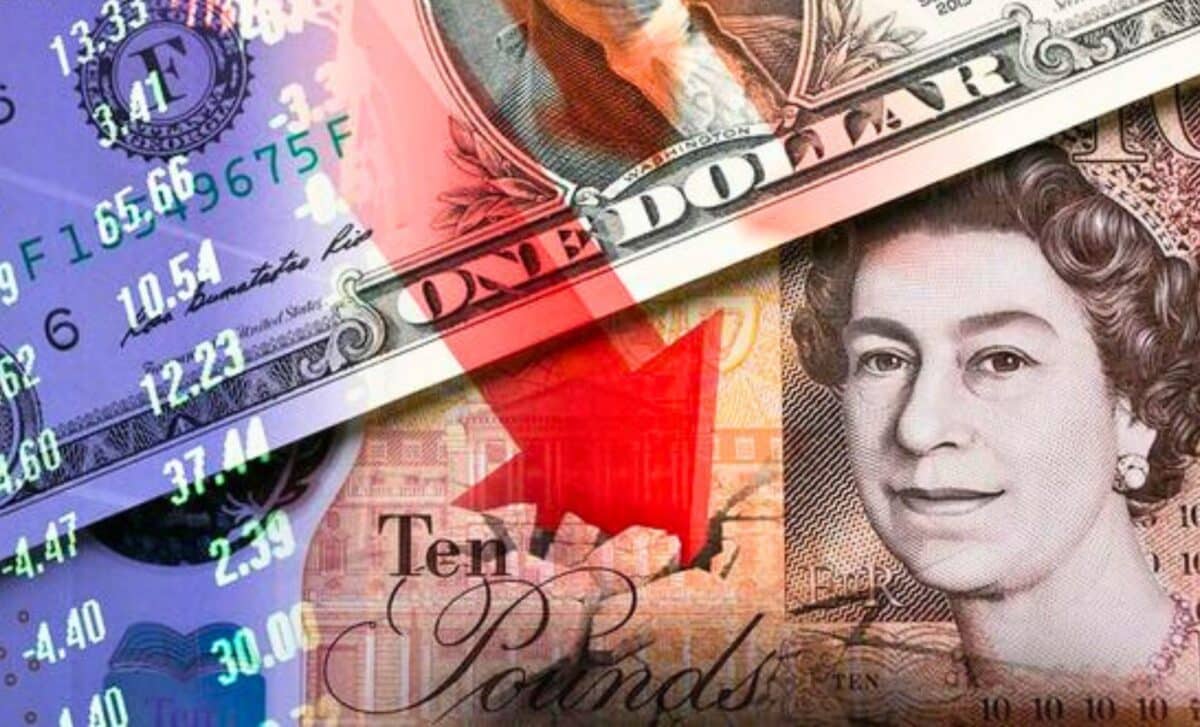As investors grow increasingly confident that the Bank of England will start cutting rates by the summer, overtaking the US equivalent, they have increased their bets against sterling.
According to data obtained by the US Commodities Futures Trading Commission, speculators’ bets on the fall of sterling have reached their highest level in 16 months. As State Street, one of the world’s largest custodian banks, shows, asset managers’ views on sterling have become the most pessimistic since March last year.
However, the pound has fallen by 1.5% against the dollar this year due to a change in investor sentiment. Due to weak economic data and falling inflation in the UK, analysts now expect the BoE to cut interest rates sooner and faster than the Federal Reserve.
Previously, investors thought that the Fed would cut interest rates before the BoE, not least because US inflation in March was lower than in the UK. However, good US economic data has changed expectations.
Markets are now expecting a rate cut in June from the BoE rather than a rate cut at the end of July from the Fed. Investors are almost fully expecting a cut in UK interest rates by August 1, underlining the changing nature of central bank policy.

The difference between headline inflation rates in the US and the UK, which reached 3.5% in the US and 3.2% in the UK in March, is behind this change in expectations.
As a result of this discrepancy, traders are now expecting the Bank of England (BoE) to cut interest rates by at least two quarters of a point by the end of the year, while the Fed has already planned one or two rate cuts despite weak US employment figures.
On the other hand, given the state of the domestic economy, NatWest’s Imogen Bachra argues that market expectations for BoE cuts are unduly cautious.
This view is supported by CFTC data, which shows a notable increase in net short positions in sterling, something not seen since January last year.
Sterling Speculation Trends and Market Rates
Ahead of lower prices, State Street’s asset managers reduced their sterling holdings to their lowest level since March last year. Furthermore, Citi’s clients have taken additional bearish positions in sterling, leading to internet sales.
This is being supported by rising yields on 10-year Treasuries and Gilts, which could be the result of falling US bond prices. The BoE’s dovish stance is assumed by analysts, regardless of the current hold on rates, mainly based on inflation forecasts that recommend future rate cuts.









